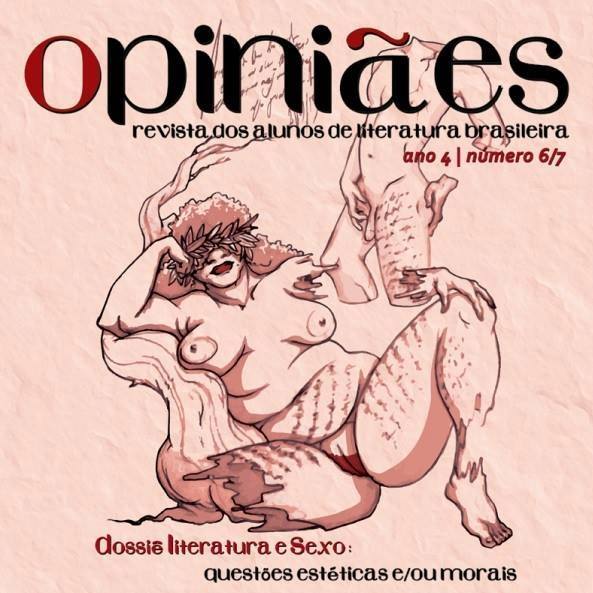Love, instinct and death: the experience of excess in Noite da Taverna by Alvares de Azevedo
DOI:
https://doi.org/10.11606/issn.2525-8133.opiniaes.2015.115071Keywords:
Romanticism, Excess, Álvares de Azevedo, Noite na Taverna.Abstract
This article aims to describe the manifestations of excess in the novel Noite na Taverna by Álvares de Azevedo (1831-1852), which are perceived in his work and in the consolidation of horror in European Romanticism as a way to comprehend the human nature in its complexity. Focused on the conjectures introduced by the narrators in the opening of the novel, this article seeks to associate their excessive behavior with their aspiration to discover the origin and the destiny of humanity in their attempts of exceeding the limits of empirical life. Taking as an example the narratives of Solfieri, Bertram and Johann, we expect to identify at least three moments of extrapolation of vital limits: the erotic experience linked to the violation of the female body, the exacerbation of animal instincts, and the proximity to death. This analysis can help to clarify certain recurring procedures in Azevedo’s work such as the dualism of his poetry, the personification of the fatal man, and the relationship between the intangibility of the female figure and the absence of the artistic ideal.
Downloads
Downloads
Published
Issue
Section
License
Copyright (c) 2016 Opiniães

This work is licensed under a Creative Commons Attribution 4.0 International License.
A revista Opiniães não exerce cobrança pelas contribuições recebidas, garantindo o compartilhamento universal de suas publicações. Os autores mantêm os direitos autorais sobre os textos originais e inéditos que disponibilizarem e concedem à revista o direito de primeira publicação, com o trabalho simultaneamente licenciado sob a Licença Creative Commons Attribution que permite o compartilhamento do trabalho com reconhecimento da autoria e publicação inicial nesta revista.



